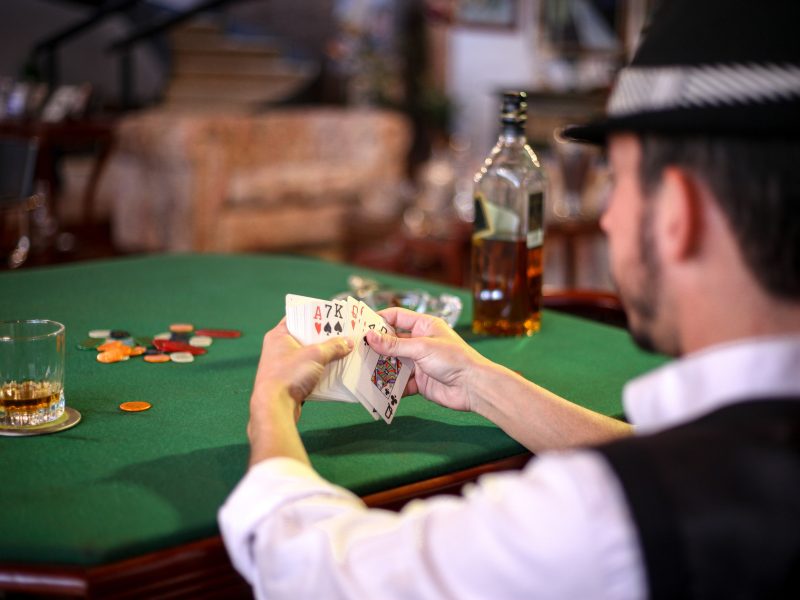When it comes to the game of roulette, there are two prevailing beliefs among players: that luck is the primary factor in determining wins and losses, or that skill can be used to influence the outcome of the game. In this article, we will delve into the debate between luck and skill in roulette and debunk some common misconceptions.
Luck in Roulette
Many believe that roulette is a game of pure chance, where the outcome of each spin is determined solely by luck. While it is true that luck plays a significant role in roulette, it is not the only factor at play. The game’s house edge and odds are carefully calculated to ensure that the casino has an advantage over players in the long run.
Players who rely solely on luck in roulette may experience short-term wins, but ultimately, the odds are stacked against them. Luck may play a role in landing on a specific number or color, but it cannot guarantee consistent wins in the long term.
Skill in Roulette
On the other hand, some players believe that skill can be used to influence the outcome of a roulette game. They may use strategies such as the Martingale system or the Fibonacci sequence to try to increase their chances of winning. While these strategies may seem logical on the surface, they do not change the fundamental nature of the game.
Roulette is a game of probability, where the outcome of each spin is independent of the spins that came before it. No amount of skill or strategy can alter the odds of landing on a specific number or color. While players may feel that they have control over the game, the reality is that luck still plays a significant role in determining the outcome.
Debunking Common Beliefs
One common misconception about roulette is that certain numbers or colors are “due” to hit based on past results. This belief, known as the gambler’s fallacy, suggests that outcomes are influenced by previous spins, when in reality, each spin of the wheel is independent and the odds remain constant.
Another prevailing belief is that betting patterns or systems can help players beat the game of roulette. While some systems may seem effective in the short term, they do not change the inherent house edge of the game. The outcome of each spin is ultimately determined by luck, not skill or strategy.
Conclusion
In conclusion, the debate between luck and skill in roulette is an ongoing one. While luck plays a significant role in determining wins and losses, it is not the only factor at play. Players should be wary of common misconceptions and focus on enjoying the game for what it is—a game of chance.


